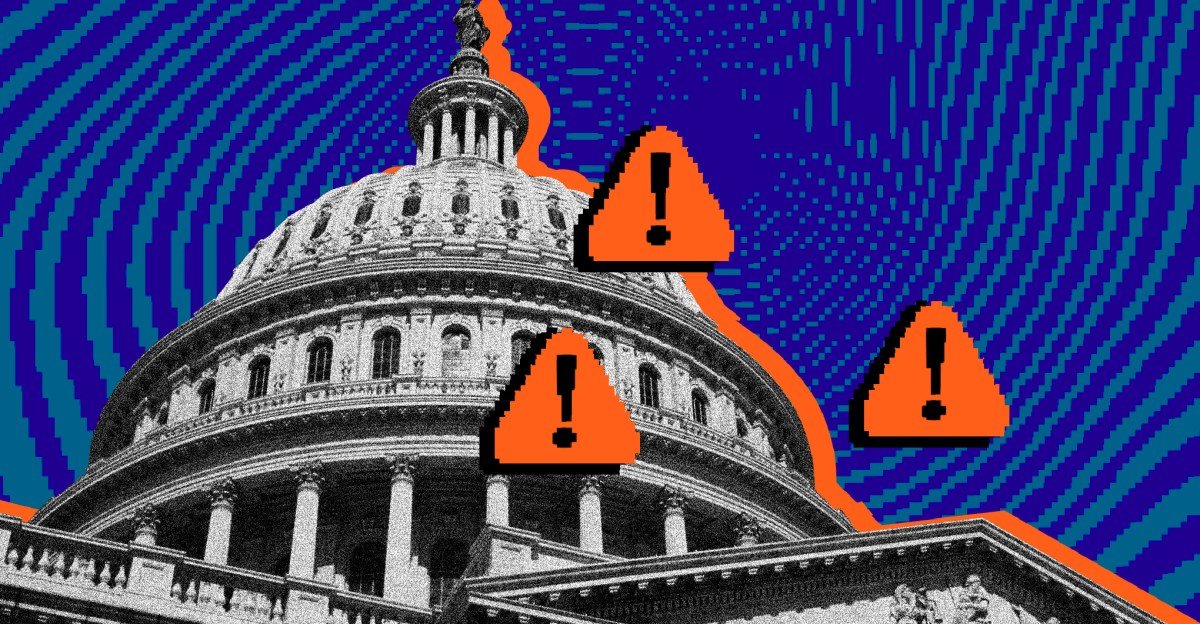The Take It Down Act is set to go to President Donald Trump after receiving overwhelming approval from the House, where it passed with a vote of 409-2. The legislation mandates that social media companies must remove any content flagged as nonconsensual sexual imagery, including those generated by AI. Trump has indicated that he will sign the bill into law.
This bill is one of the few online safety measures to successfully clear both chambers amidst ongoing concerns about deepfakes, child safety, and similar issues. However, some critics express worries that it could be misused against content disapproved by the administration or its allies. The legislation criminalizes the distribution of nonconsensual intimate images (NCII) and implements a requirement for social media platforms to remove flagged content within 48 hours. During his congressional address earlier this year, Trump humorously noted that he plans to use the bill for personal protection, stating, “Nobody gets treated worse than I do online, nobody.”
The rise of AI technologies that allow for the easy creation of realistic images has heightened concerns regarding the dissemination of malicious deepfake content in schools and its potential for fueling bullying and abuse. Yet, while critics acknowledge the importance of addressing these issues, they worry that the Take It Down Act’s framework could be repurposed to cause harm in other areas.
The Cyber Civil Rights Initiative (CCRI), established to combat image-based sexual abuse, has expressed reservations about the Take It Down Act’s success. While they support the long-awaited federal criminalization of NDII (nonconsensual distribution of intimate images), they lament the potential for misuse inherent in its takedown provisions, which they believe may ultimately harm victims. The group is concerned that the bill, which empowers the Federal Trade Commission (FTC) — whose Democratic commissioners Trump dismissed, breaking with past Supreme Court norms — could lead to selective enforcement favoring “unscrupulous platforms.”
They caution that platforms confident they won’t attract FTC scrutiny—particularly those aligned with the current administration—may ignore legitimate reports of NDII. Additionally, platforms striving to filter authentic complaints could be overwhelmed by a surge of false reports, imperiling their operations.
“Platforms may respond by abandoning encryption entirely”
Given the swift timeframe for removing flagged nonconsensual intimate imagery, the Electronic Frontier Foundation (EFF) has cautioned that smaller platforms “may be forced to comply too quickly to verify claims,” leading them to rely on flawed filtering methods to manage duplicate content. The EFF further highlights that end-to-end encrypted services, such as private messaging and cloud storage platforms, are not exempt from this bill, raising concerns over the privacy of these technologies. With encrypted services unable to monitor user communications, the EFF questions, “How could these platforms meet the takedown demands set forth in this bill?” They warn that such platforms might ditch encryption altogether to monitor content, compromising the safety of private conversations, including those frequented by abuse survivors.
Despite these concerns









